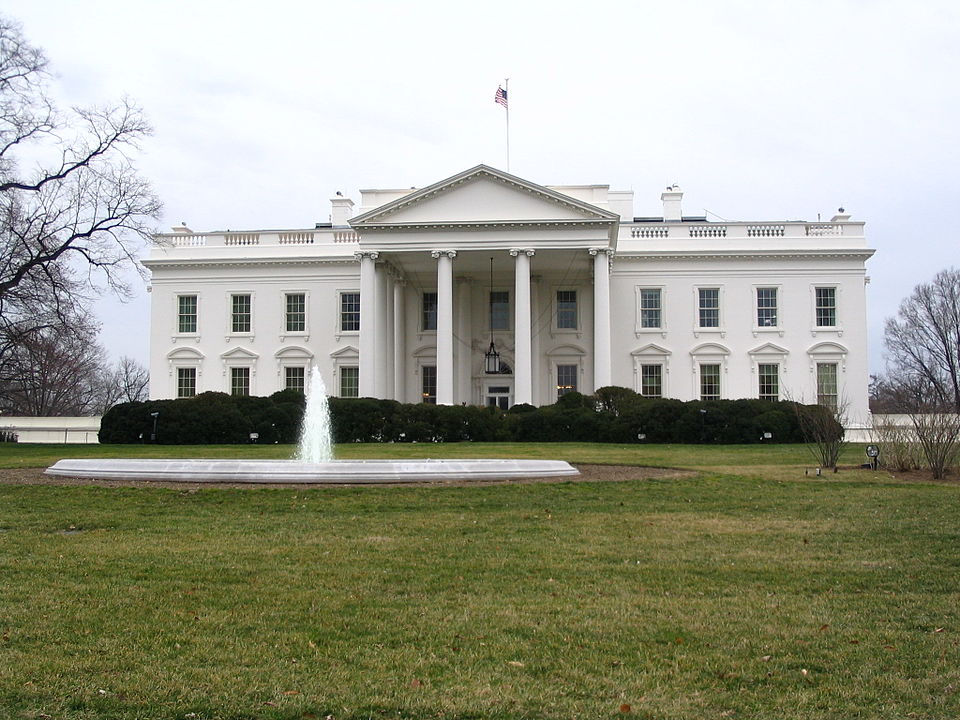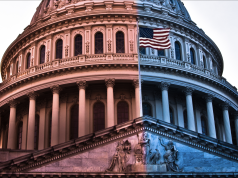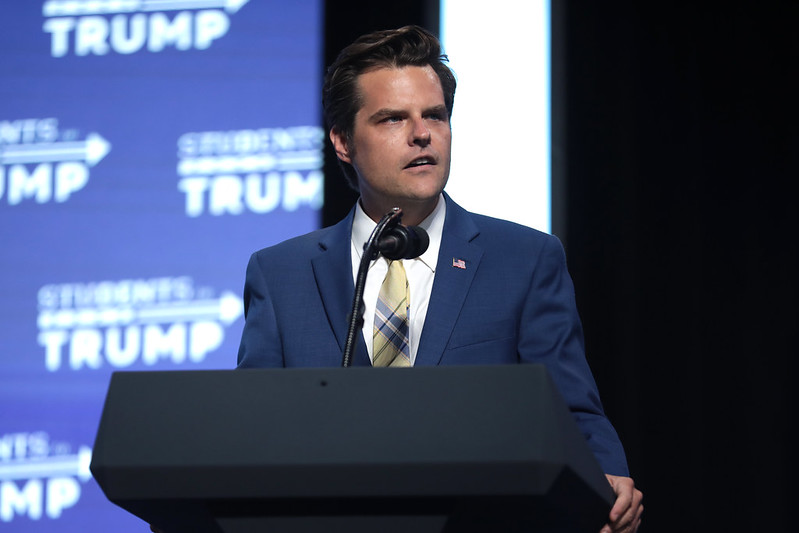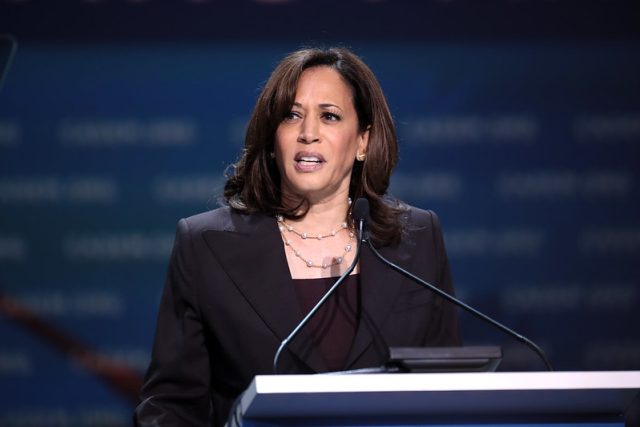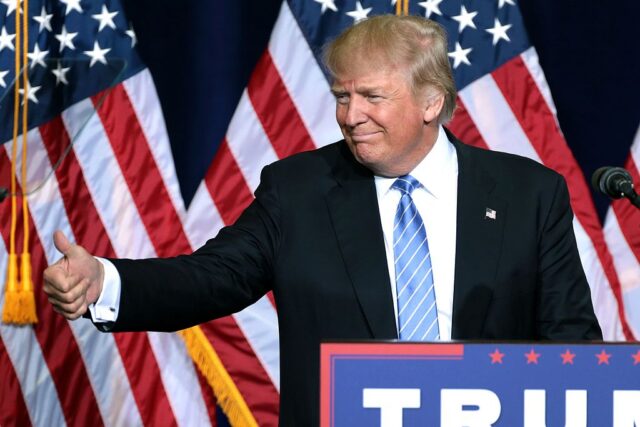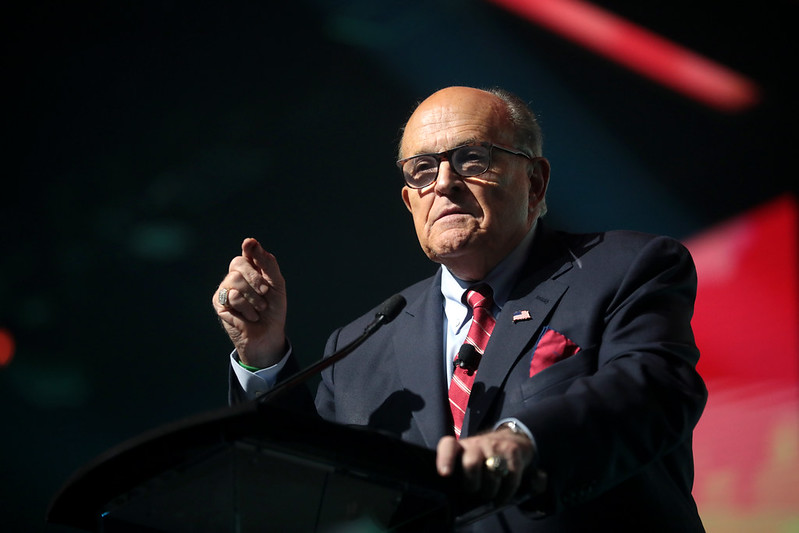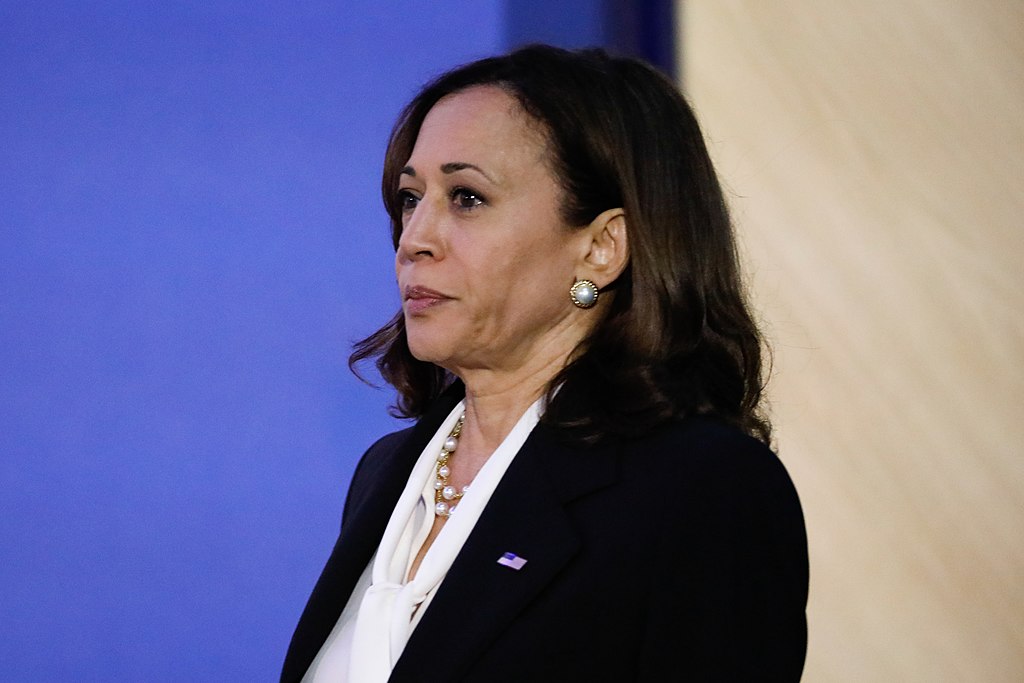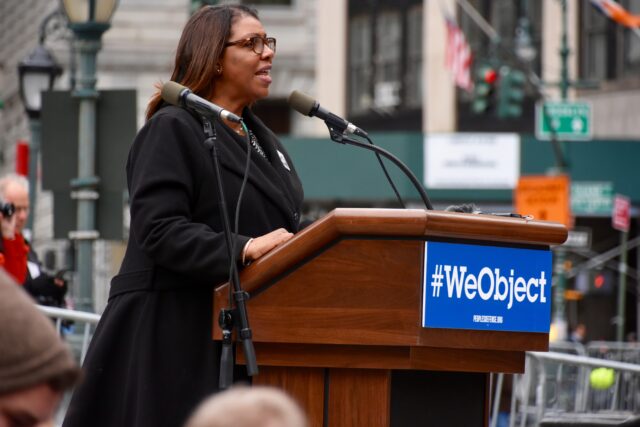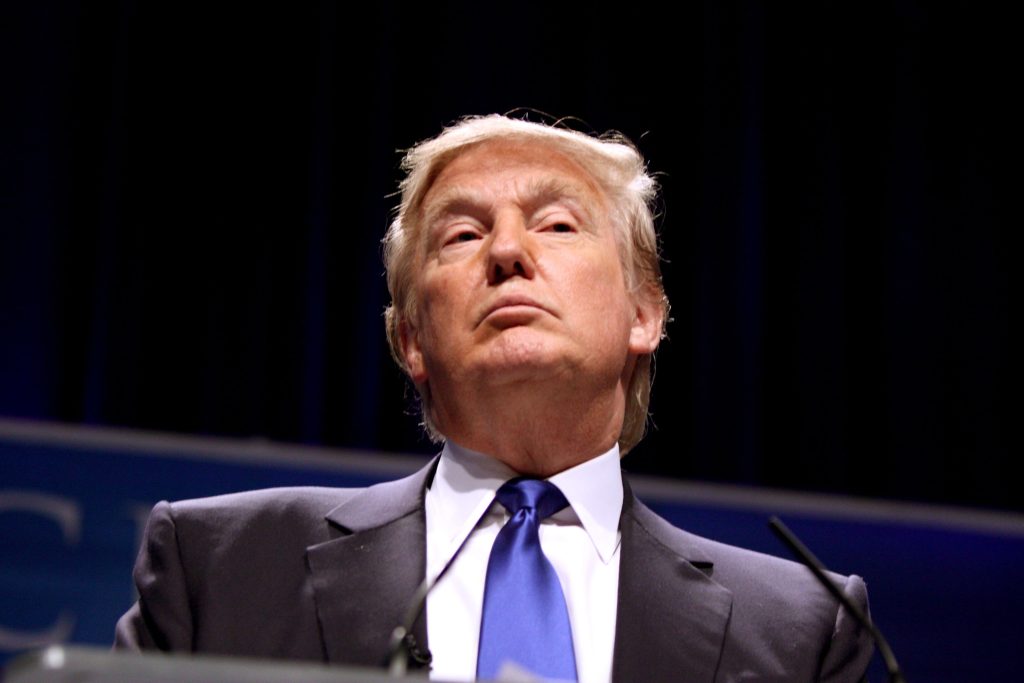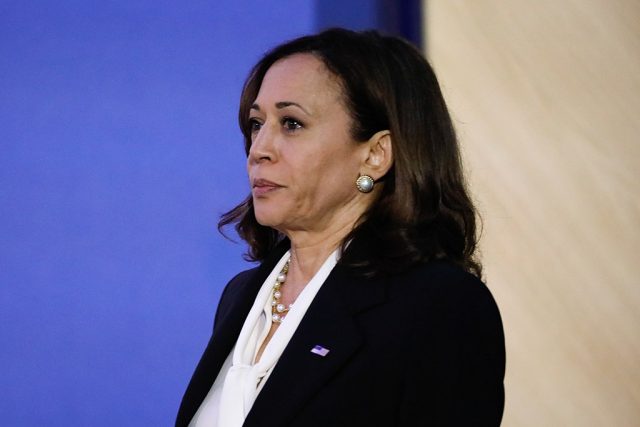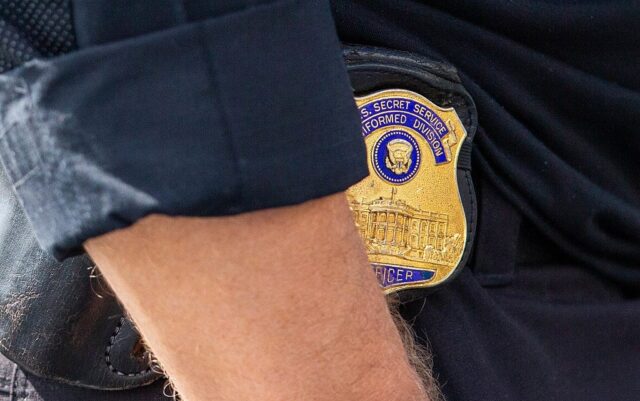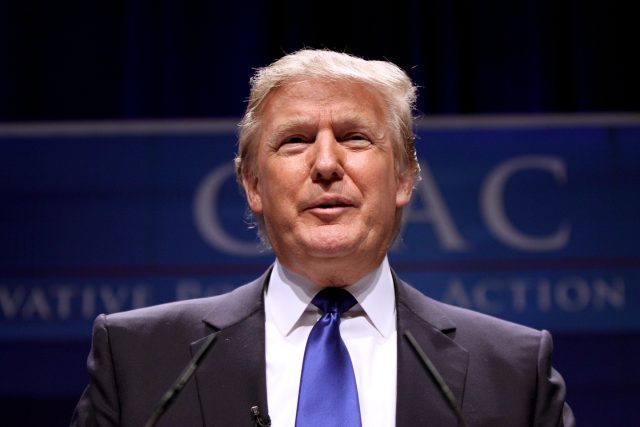A nonprofit advocacy group has taken legal action against former President Donald Trump and Senator J.D. Vance. They’ve filed criminal charges, accusing the Republican nominee for president and his running mate of making inflammatory statements about Haitian migrants in Springfield, Ohio. Trump and Vance argue that the influx of migrants has overwhelmed the area, even going so far as to allege that some Haitians are eating dogs and cats – claims that remain unsubstantiated and highly controversial.
In response, the nonprofit is calling on the Clark County Municipal Court to issue a warrant for Trump and Vance’s arrest. The county’s largest city and seat, Springfield, is at the heart of this legal challenge.
Breitbart’s Neil Munro has the latest:
The charges were requested by the Haitian Bridge Alliance, which has been backed for many years by Mark Zuckerberg’s FWD.us investor group, and by investor George Soros’ political campaigns. The jarring claim was loudly echoed by pro-Democratic media sites, such as NBCNews.com, who prefer to hide the ordinary civic and pocketbook damage of migration behind elite claims about racism.
“The Haitian Bridge Alliance made the move after inaction by the local prosecutor, said their attorney, Subodh Chandra of the Cleveland-based Chandra Law Firm,” the Associated Press reported Tuesday.
“Guerline Jozef, a co-founder and the executive director of the Haitian Bridge Alliance, filed the charges on behalf of the group,” NBCNews reported:
“Over the last two weeks, both Trump and Vance led an effort to vilify and threaten the Haitian community in Springfield, Ohio,” Jozef alleged.
“If anyone else had disrupted public service, made false alarms, and engaged in telecommunications harassment in the manner Trump and Vance did with their relentless and persistent lies – even after the governor and mayor said what they were saying was false, they would’ve been arrested by now,” the group’s attorney, Subodh Chandra, claimed.
“They must be held accountable to the rule of law in the same way any of the rest of us would be.”
The lawfare follows the government-arranged delivery of perhaps 20,000 Haitians to the city, which has had a huge civic and pocketbook impact in the town of almost 60,000 Americans.
The inflow has been welcomed by business, political, and media leaders in Springfield, but is decried by ordinary Americans who are losing wages, opportunities, housing, safe roads, civic aid, and their stable community to the chaotic migration.
What’s Behind the Legal Action?
The charges stem from Trump and Vance’s remarks, which critics argue fuel anti-immigrant sentiment. Haitian immigrants currently enjoy temporary protected status (TPS) under the Biden administration, a measure designed to protect them from deportation due to the severe unrest and violence gripping Haiti. This protection even applies to those who entered the U.S. illegally, with the goal of shielding them from the chaos that has left Haiti teetering on the edge of anarchy.
“We are providing this humanitarian relief to Haitians already present in the United States given the conditions that existed in their home country as of June 3, 2024,” stated Homeland Security Secretary Alejandro Mayorkas at the time of the announcement.
Immigration Advocates Push for More
While the Haitian Bridge Alliance welcomed the Biden administration’s decision, they’re pushing for long-term solutions. Jozef praised the humanitarian relief but made it clear that he believes this is just a temporary fix.
“I call on the U.S. Congress to pass comprehensive immigration reform that would create permanent protection for all TPS recipients,” said Jozef.
The demand for a more permanent path to safety comes as violence continues to escalate in Haiti.
READ NEXT: Biden-Harris Caught In Explosive Media Conspiracy Against Ex-Fox News Icon


